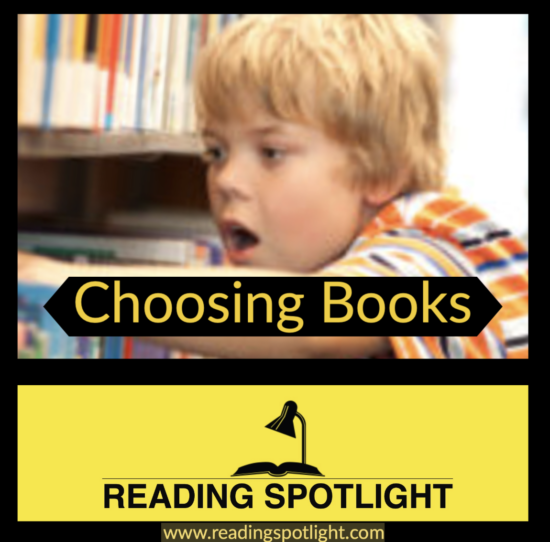When choosing books to read for pleasure, use the child’s interests as a guide–TV shows (s)he enjoys, favorite places, foods, hobbies, sports, activities, etc.
2. Use this Quality Reading Level Evaluation (QRLE):
Open a possible book to a page in the middle. Have the child read a paragraph aloud. Count the errors.
If (s)he misses 1 word in 10, (s)he can probably read the book alone.
If (s)he misses 2 words in 10, (s)he can probably read it with help.
If (s)he misses 3 or more words in 10, you will probably have to read it to him or her in order for the content to be understood.
3. Usually you don’t have to worry that a book is too easy. Easy reading builds fluency and confidence. Success builds enthusiasm.
4. Never underestimate the value of an older child reading to/listening to a younger child. We have had remarkable success with older, at-risk students helping younger, at-risk students to practice reading aloud. BOTH the older and the younger children benefit enormously.
See my Blog Post: Years Later–A Surprising Effect.
5. Talking to your child about what is read is also important. Questions which ask about emotions and explanation of these feelings have been proven to motivate children to read more.
6. Use the library. Make a special event out of weekly or bi-weekly visits. Purchase only books that your child will treasure and love. This way, if your child discovers (s)he does not like the book after a few pages, no harm done. More importantly, (s)he does not feel guilty because you spent your hard-earned money on a book (s)he doesn’t now want to read. As young children learn to read, always try to associate the act of reading with positive, not negative, feelings.
7. Don’t waste your money on mail order books. Most of them are ill-conceived or boring. Classroom book clubs are usually more age-appropriate but may not be written on a reading level specific to your child.
For more ideas on this topic, see Reading Spotlight’s free Tip: Why Kids Don’t Read
and our Blog Post: One Million = One Thousand
The American Library Association Book Lists are helpful and abundant.
Check out our Pinterest Board: Encouraging Lifelong Readers
© Reading Spotlight 2021


